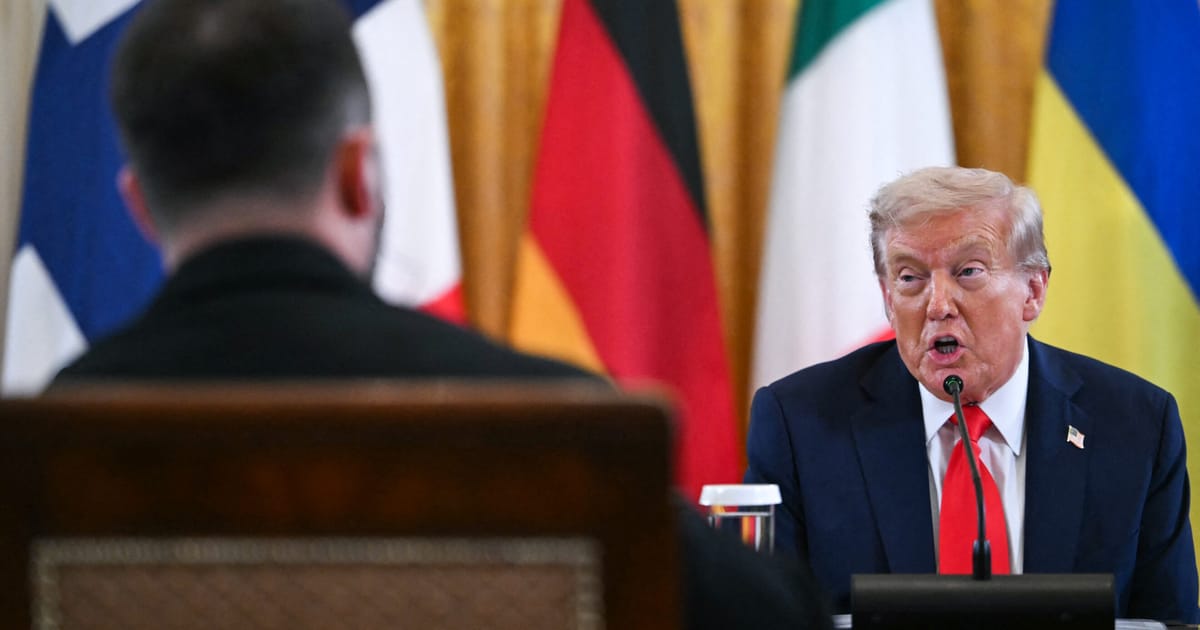That’s a reference to supposed security guarantees for Kyiv, which Trump’s Ukraine war negotiator, real estate developer Steve Witkoff, has said are similar to NATO’s Article 5 common defense provision — although Trump has repeatedly ruled out Ukraine joining the much more reliable Atlantic alliance.
Haran argued that “if we sign a ceasefire agreement or even hold an election without security guarantees, Putin could resume his aggression the very next day.” Such an agreement, he said, would “de facto recognize Russia’s control of Ukrainian territories for an indefinite period,” and repeat the mistakes of 1938, when concessions to an aggressor only invited further escalation.
Yaroslav Hrytsak, a Ukrainian historian and professor at the Ukrainian Catholic University, warned that the danger goes beyond another Munich-style betrayal. “It’s the Yalta moment too,” he said.
There is also a human element to shifting borders.
Europe has had long experience of that. During World War II, the Germans and the Soviets inflicted massive ethnic cleansing programs on their captured populations. In 1945, millions of ethnic Germans were kicked out of Czechoslovakia and Poland.
If Ukraine is forced to give the whole Donbas to Russia, Hrytsak argued, this will give Moscow the right to “decide the fate of the people living in former Soviet bloc countries.” That will be done against the will of the local population, he added, “just using the status of a big powerful state’s right to rule over the smaller and weaker states.”
